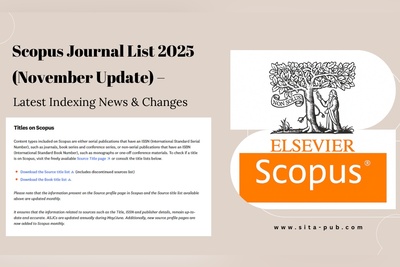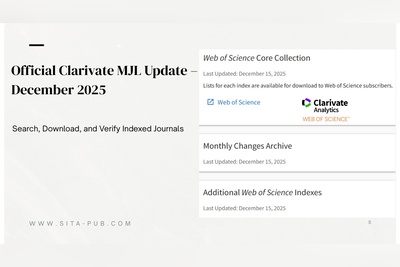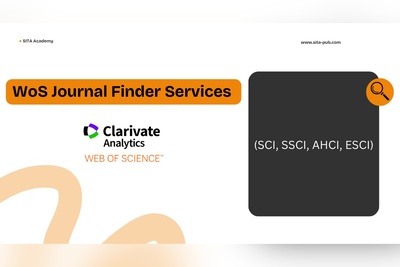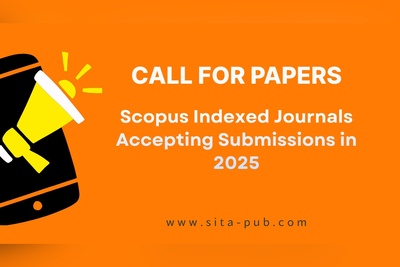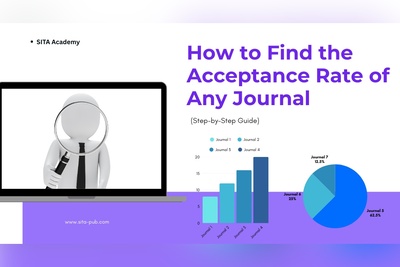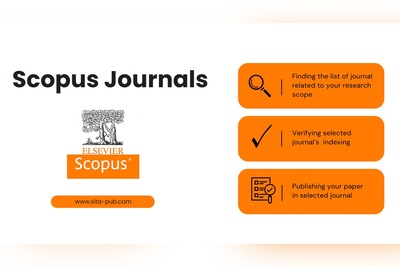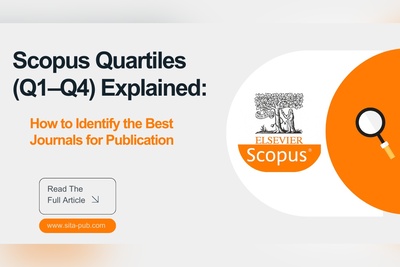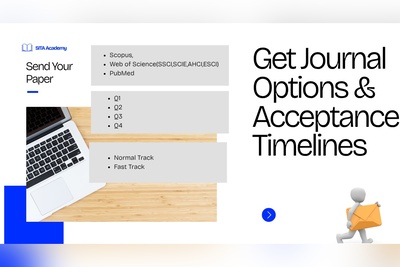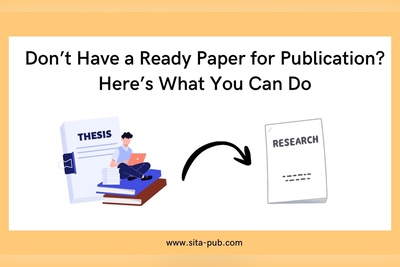Free journal recommendation services for all academic fields and specialties | ISI, Scopus
Everyone who wants to publish in international Scopus or ISI journals is seeking a reliable list of reputable journals to choose the relevant one. SITA Academy offers expert, free journal recommendation services to help you find the perfect journal for your research.
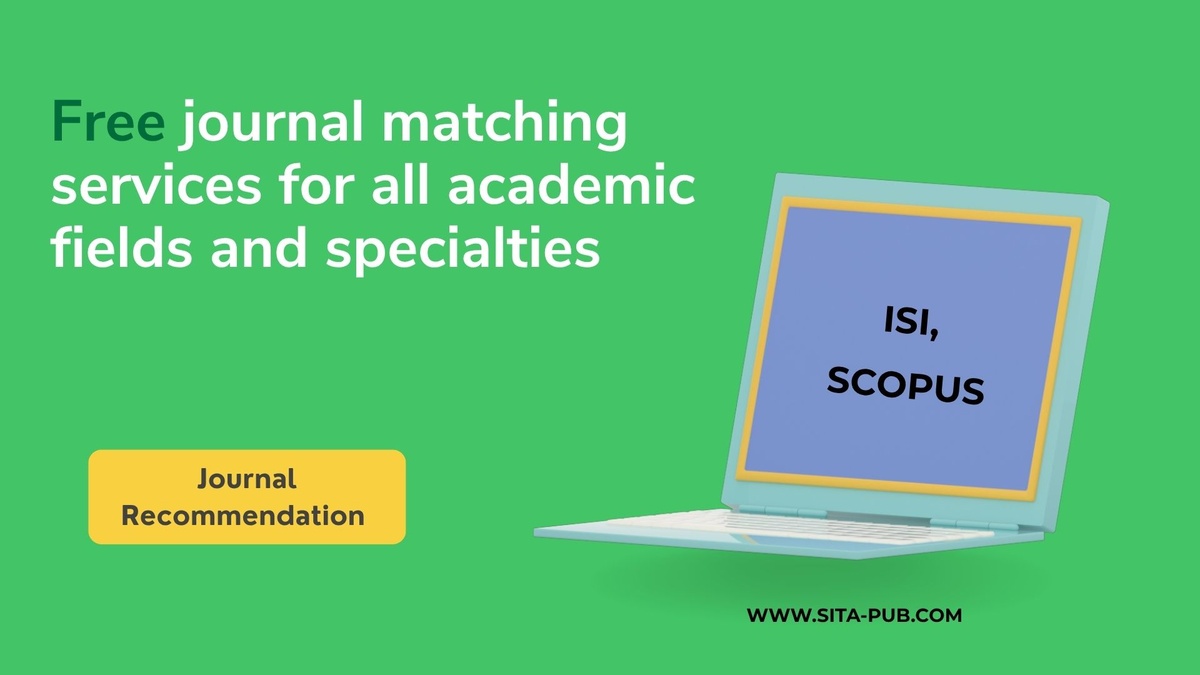
Choosing the right journal is one of the most critical decisions a researcher must make before submitting a scientific article. It is not just about where your research will be published; it’s about ensuring that your hard work reaches the right audience, receives meaningful peer feedback, and adds value to the academic community. A well-matched journal increases your chances of acceptance, helps with faster review times, and improves your paper’s visibility.
However, journal selection is often time-consuming and confusing—especially for early-career researchers or those facing deadlines. Fortunately, academic support offer professional, free journal matching services to help you navigate the process confidently and effectively.
Why Journal Selection Matters
The journal you choose plays a huge role in how your work is perceived and accessed. When you submit your article to a journal that matches your research area, methodology, and academic level, your chances of acceptance increase significantly. Your work will be more likely to:
Undergo a fair and accurate peer review
Be read by your target academic audience
Contribute to your academic record and reputation
Meet requirements for funding, graduation, or career advancement

On the other hand, submitting your paper to an unsuitable journal can lead to:
Immediate rejection (desk rejection)
Delayed publication timelines
Wasted time and effort
Lost credibility if published in a non-reputable journal

Common Challenges in Choosing a Journal
Many researchers face challenges during journal selection, including:
Too many journal options: Thousands of journals exist across every field—some indexed, some not.
Lack of access to reliable information: It’s not always clear which journals are reputable and which are considered predatory.
Time pressure: Researchers working under deadlines may not have time to explore each journal’s requirements.
Budget limitations: Some journals charge high Article Processing Charges (APCs), which may be unaffordable.
Language barriers or technical formatting issues: These can cause rejections even before peer review begins.
These problems are especially frustrating when the research itself is ready and only the right journal is missing.
How SITA Academy Helps with Journal Selection
They offers a free and expert-driven Journal Recommendation Service designed to solve the above problems. With this service, researchers can submit their article or abstract, and receive a list of carefully selected, reputable journals that align with their research focus, indexing needs, and budget.
Key features include:
Thorough evaluation of your manuscript
Experts in your field review the content, scope, and quality of your article.Customized journal recommendations
Based on indexing (ISI, Scopus, PubMed, SSCI, SCIE), subject relevance, impact, and timeline.Information about submission fees and APCs
You’ll know whether the journal charges for publication and how much.Support in the next steps
If needed, they can help with manuscript formatting, submission process, and even correspondence with the journal.
What to Consider When Choosing a Journal

Whether you use a support service or search on your own, there are several key criteria every researcher should consider:
1. Scope and Subject Relevance
This is the most important factor. Make sure your research topic fits within the journal’s scope. You can find this information in the “Aims and Scope” section of the journal’s website. Also, check recently published articles to see if they align with your topic.
2. Indexing and Journal Reputation
Look for journals indexed in major databases such as:
Web of Science (ISI)
Scopus
PubMed
DOAJ (for open-access)
You can also check metrics like:
Impact Factor (IF)
CiteScore
SJR (SCImago Journal Rank)
These indicators show how well-regarded a journal is in the academic community.
3. Peer Review Process
Reputable journals perform rigorous peer review to ensure scientific quality. Be wary of journals that promise acceptance in a few days or do not provide reviewer feedback.
4. Publication Timeline
Some journals take months to respond, while others offer fast-track options. If you have a deadline (e.g., for graduation, funding, or a conference), timeline matters.
5. Publication Costs
Journals may be:
Open Access: Free for readers but often charge authors an APC.
Subscription-Based: No charge to authors, but articles are behind a paywall.
Hybrid: Offer both models.
Low-cost journals usually charge $0 to $300, while premium journals may charge over $1,000. Always confirm if there are hidden fees.
6. Ethical and Legal Policies
Make sure the journal follows ethical guidelines (COPE membership is a good sign), has a clear editorial board, and is published by a recognized publisher.
Dangers of Predatory Journals
Predatory journals are a serious threat in academic publishing. They often:
Have fake impact factors
Charge high fees with no proper peer review
Are not indexed in legitimate databases
Publishing in such journals can damage your academic reputation. Academic support platforms help you avoid these by thoroughly vetting each recommended journal.
Benefits of Using Journal Recommendation Services
Saves time and effort
Instead of searching blindly, you receive personalized guidance.Increases acceptance chances
Submitting to the right journal reduces the risk of desk rejection.Avoids predatory publishers
Expert reviewers ensure every journal is trustworthy and indexed.Supports formatting and submission
If required, SITA can help you format your paper to meet journal guidelines.Covers all academic fields
Whether you’re in engineering, medicine, social sciences, or humanities, the service matches journals to your subject.
How the Process Works at SITA Academy
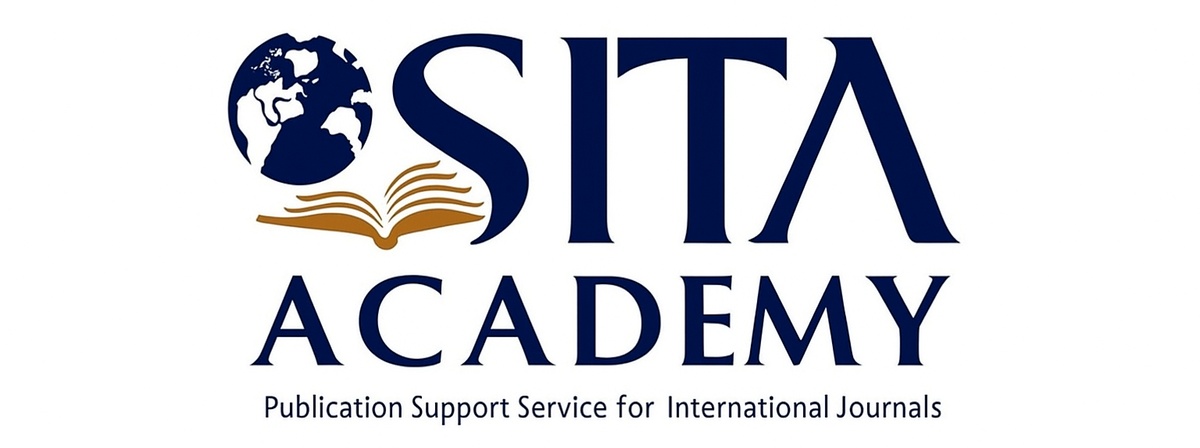
Here is how you can benefit journal recommendation service:
Submit your article or abstract
Send your file through email, WhatsApp, or the online form.
Get expert review
A specialist in your academic field evaluates your work.
Receive a list of suitable journals
The report includes indexing info, publication timeline, fees, and scope match.
Choose and proceed
You can ask for help with formatting, translation, or full support for submission.
Follow-up assistance
SITA remains available for tracking your submission, handling communication, and assisting until publication.
Choosing the right journal is not just a formality—it’s a strategic step that affects the success and credibility of your research. With growing pressure to publish quickly, affordably, and in reputable outlets, having expert support makes a huge difference.
Academic support platforms offer a reliable, fast, and free way to find the right journal for your research. Whether you need a Scopus journal with low APCs or an ISI-indexed publication with fast turnaround, their team can help you navigate the options and submit with confidence.
Verified Contact Channels
If you have any questions, inquiries, or would like to learn more about our services, please don't hesitate to reach out to us. Our dedicated team is ready to assist you.





